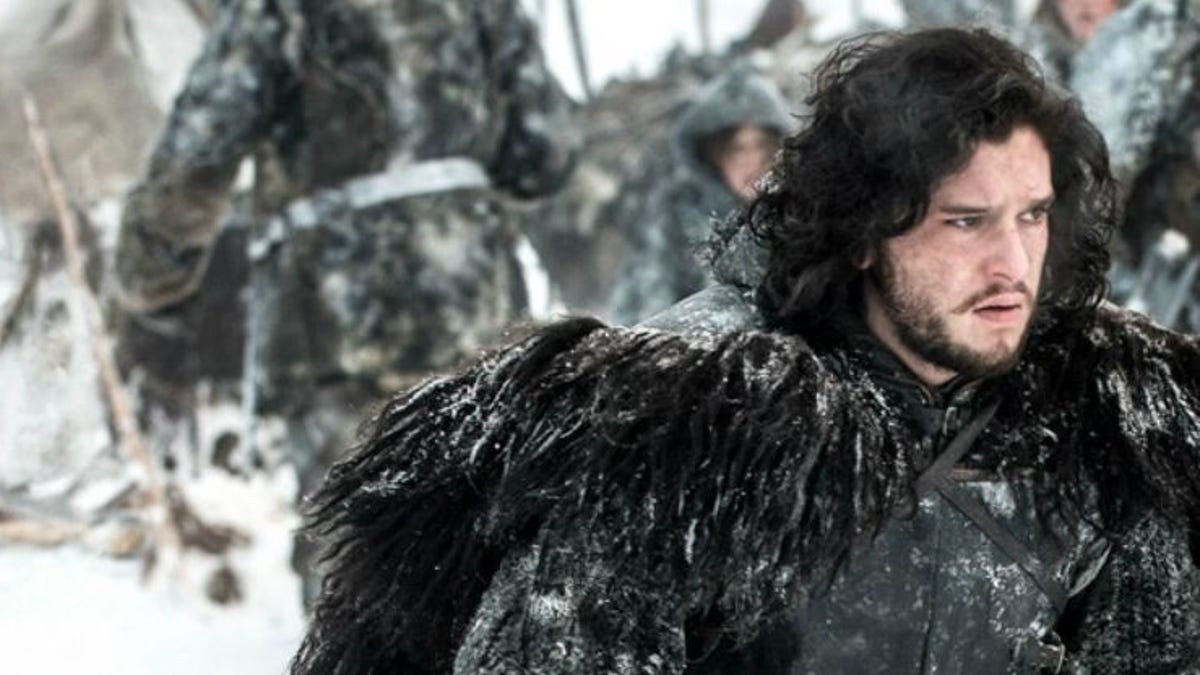Scientists dissect the weather in 'Game of Thrones'
Is there a way to figure out when winter will finally come to Westeros and how long it will last? A group of graduate students turned to non-fictional astronomy and physics to search for an answer.

In the fictional "Game of Thrones" world of Westeros, only one thing seems more inevitable than the show's unending wanton violence and each of the story's heroes meeting an untimely death: winter is coming.
Fans of the HBO show based on George R.R. Martin's novels will know that the problem for the various Westorosi clans is that exactly when winter will arrive and how long it will last is anyone's guess. Summer in the fantasy world may last for years, but when winter sets in -- and there's no apparent way to predict when that will happen -- it can last for generations.
Now, at last, science is stepping in to aid fans and Ravens alike by positing an explanation for why all efforts to adopt an effective system of fictional meteorological forecasting seem so hopeless. A group of graduate students from the Department of Physics and Astronomy at Johns Hopkins University have published a research paper (PDF) suggesting that the most likely cause of the unpredictable weather in Westeros is that the world is orbiting not one, but two stars.
The team began with tongues planted firmly in cheek and quickly ruled out possible explanations like a wobbly planetary axis, eccentric orbit, and climate change caused by industrial pollutants (while also deferring the potential effects of dragons to a later work).
While conceding that magic is a valid explanation, the team eventually determines that "the only reasonable explanation remains in the arcane physics of three-body systems, where unpredictability and chaotic behavior is the name of the Game."
The group then proceeds to prove its sci-fi/fantasy geek bona fides by working out all the relevant equations to back up the hypothesis, concluding that Westeros is likely cursed to orbit a binary star system and therefore "unfortunately, it is not possible to predict either the length, or the severity of any coming winter."
Holy Mother of Dragons, that's a bummer. Kind of explains why life in Westeros is so dominated by sex and violence, though.

